Critics of John Humphrys might care to listen to this morning's interview with Mr & Mrs Hedges on the 'Today' programme, starting at 8.10 i.e. 2 hours 10 minutes in. His sole 'interruption' as such was to clarify which meaning of 'should' applied in the case in question. He correctly assumed, and Mrs Hedges immediately confirmed, that she had used it in the sense of 'must not'. This was an important distinction that needed to be made.
Speech Radio You Have Listened To Lately
Collapse
X
-
Having just returned from my first ever trip to Belfast at the weekend I found the programme on Radio 4 this morning about the Peacelines fascinating. I had heard a programme a week or so ago about the 'Troubles' Gallery in the Ulster Museum and went to visit it on Sunday. I found the Exhibition quite unsettling, like they were trying to cover all bases from different perspectives; although I have to say that I found certain parts of the trip through the City a bit difficult, like there was an undercurrent that felt unsettling. I put it down to my age and memories of the 70s and 80s in particular. I was astounded to find out on Monday that the peace walls still existed, that their removal had been slowed by the breakdown of power sharing. This morning's programme on R4 only added to that sadness and it was a hard listen, but I'm glad I listened anyway.
Comment
-
-
You beat me to it!Originally posted by LMcD View PostWe've just listened to 'Conversations from a Long Marriage at Christmas' on Radio 4, with Joanna Lumley and the wonderful Roger Allam - absolutely perfect!

 My life, each morning when I dress, is four and twenty hours less. (J Richardson)
My life, each morning when I dress, is four and twenty hours less. (J Richardson)
Comment
-
-
Three reasonably interesting programmes in a row this afternoon on BBC R4 :
Mastertapes : Don McLean
John Wilson talks to Don McLean about his timeless classic album, American Pie.
There are 40 past editions of Mastertapes with a range of recording artists on BBC Sounds.
Short Cuts - Lasso The Moon
Josie Long presents short Christmas-themed documentaries and adventures in sound. We hear from a long time resident of Santa Claus, Indiana, the comedian Mark Thomas offers a tender reflection on Away in a Manger, and Karolyn Grimes - the woman who played Zuzu Bailey in the festive classic It's a Wonderful Life - explores how it's interwoven with her life.
This apparently is from the 17th series. Interesting stories in a distinctive and not objectionable presentational style. It reminded me of "Sketches : Stories of Art and People".
Great Lives - Charlie Chaplin
Mark Steel makes the case for Charlie Chaplin being one of the most radical comedians of his time. He reckons it's sad that most see Chaplin as that bloke who wore a bowler hat, had a funny walk, waved a cane around and wasn’t even that funny. Mark argues that Charlie Chaplin’s silent films and his "Tramp" character make sense if you look at the upheavals in society that were occurring alongside his career. Mark is best known for the Mark Steel Lectures and Mark Steel's in Town. He says that while Chaplin was standing up for the working class, the irony was that he became the richest rebel. Also joining Mark Steel is Simon Louvish author of ‘Chaplin: The Tramps Odyssey’. The presenter, as always, is Matthew Parris.
Comment
-
-
……….and from earlier today on BBC Radio London:
Robert Elms : Best of The Listed Londoner
Robert Elms doesn't always fill me with radio joy but he does have interesting guests and features. I caught the last three of these on the link above - all extraordinary in their way.
First, Norwell Roberts, the first black police officer to join London's Metropolitan Police who eventually rose to the rank of Detective Sergeant. Secondly, Nadine Benjamin who may be the first black woman opera singer to have been born in Brixton. Very positive, entertaining in a way that has been described as infectious, and yet ordinary as a person given her talent and her field, she was of especial interest to me. She performed at the ENO in Porgy and Bess and is currently performing there in La Boheme, both of which I had tickets for but upsettingly was unable to attend for personal reasons. I might try again for La Boheme following this broadcast. And thirdly, Tommy Steele, 82. I can't say I have ever been a huge fan but what a great interviewee with stories and a surprising knowledge of history to accompany his spirit. Each spoke individually about what aspects of London have meaning to them.Last edited by Lat-Literal; 25-12-18, 22:06.
Comment
-
-
This afternoon on BBC Radio 4 I was attracted by 'Conversations on a Bench' from Strabane in Northern Ireland, partly because I was once told my Granny came from there. In the process of this great wee programme I found out that the Hamiltons came from Paisley and took over the estate a few hundred years back and I was amazed that the Square was called Abercorn, an area of Paisley I was very familiar with as a lad, so I assumed there must be a connection. There were some terrific voices in this wee document of life on the Irish Border. Would like to see the poem that Maureen Boyle had written and was reading through the programme as it was possible only to get a sense of it with all the images that were being created by Her, and the people on the bench. Think I'll be having another listen.
Comment
-
-
And in Aodann Sraith Bhain there is one of the greatest tunes of all time in my humble opinion. The Slopes of Strathbane. The geographical footprints of history can be extraordinary.Originally posted by johncorrigan View PostThis afternoon on BBC Radio 4 I was attracted by 'Conversations on a Bench' from Strabane in Northern Ireland, partly because I was once told my Granny came from there. In the process of this great wee programme I found out that the Hamiltons came from Paisley and took over the estate a few hundred years back and I was amazed that the Square was called Abercorn, an area of Paisley I was very familiar with as a lad, so I assumed there must be a connection. There were some terrific voices in this wee document of life on the Irish Border. Would like to see the poem that Maureen Boyle had written and was reading through the programme as it was possible only to get a sense of it with all the images that were being created by Her, and the people on the bench. Think I'll be having another listen.
https://www.bbc.co.uk/programmes/m0001tnh
When I went in the autumn to the wilds of Essex, it was to Canewdon where historical names are of unusual interest for very modern reasons. "Most Haunted", for which read cheap television, had confirmed that it had been a centre of witchcraft for centuries until the 1930s and that there was just a handful of families involved. The locals knew all of the names and were very willing to provide them to an obvious tourist with backpack, the village having become now a centre for witchcraft tourism. But I was there only because my mother had spent some time in the place during the war with an aunt who had married a Canadian man of insignificant origins. Somehow he had risen to become the mayor of the nearest town.
One looks at the historical lists of such people, lengthier than the lists of vicars in churches. Very significant in their day but just one person and gone in a trace. There were no children so far as I am aware. And yet almost inadvertently I found myself in a Hyde road and then next to a Hyde woods. Hyde isn't one of my family names but his name. So those had to be him. They were and are him. I am in absolutely no doubt. Yet no one there would know. Only I did. It was like walking privately among the ghosts of history and so thought provoking.
Comment
-
-
Alex Jennings reading [I]The Leopard[I] on Radio 4 today.
I couldn't catch all five episodes, but what I did hear was a delight: one of my favourite novels, a marvellous radio voice, music used sparingly.
No gimmicks or fancy sound effects (at least in the parts I heard): just compelling radio achieved with the simplest of means.
Comment
-
-
Book of the Week (R4 7-12 January): We Are Displaced
9.45am 1/5 Malala's Story
Yousafzai, abridged by Kate McAll. The Nobel Peace prize winner tells her own story and that of other refugees, beginning with the events that drove her from her home in the Swat Valley, Pakistan, and how she came to be in a hospital bed in Birmingham. Read by Lisa Zahra, with a prologue recorded by the author.
Of all the stories of true heroics during my lifetime, this one of the teenage Malala shot by islamist terrorists bent on frightening families into removing their daughters from education, who nevertheless by some miracle herself survived and has devoted herself to emancipating girls from under the yoke of fundamentalist doctrines, gaining UN recognition, has been the one that has moved me the most, and this week I shall be listening to the repeat of these programmes each night, at 12.30.
Comment
-
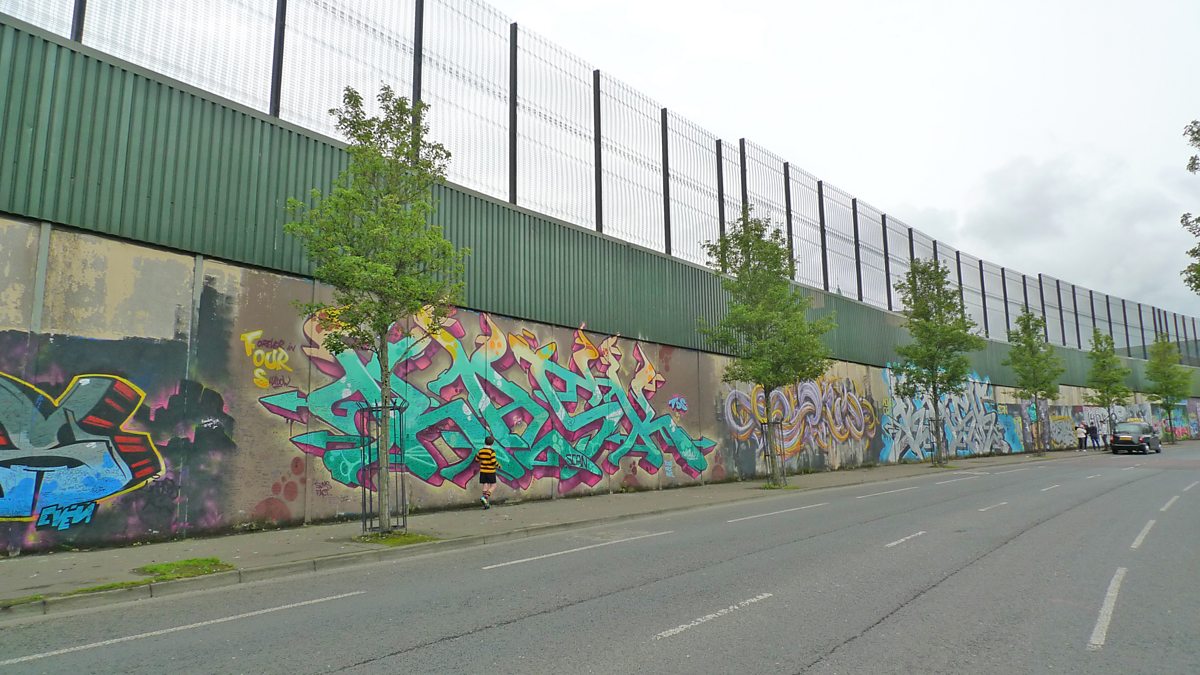
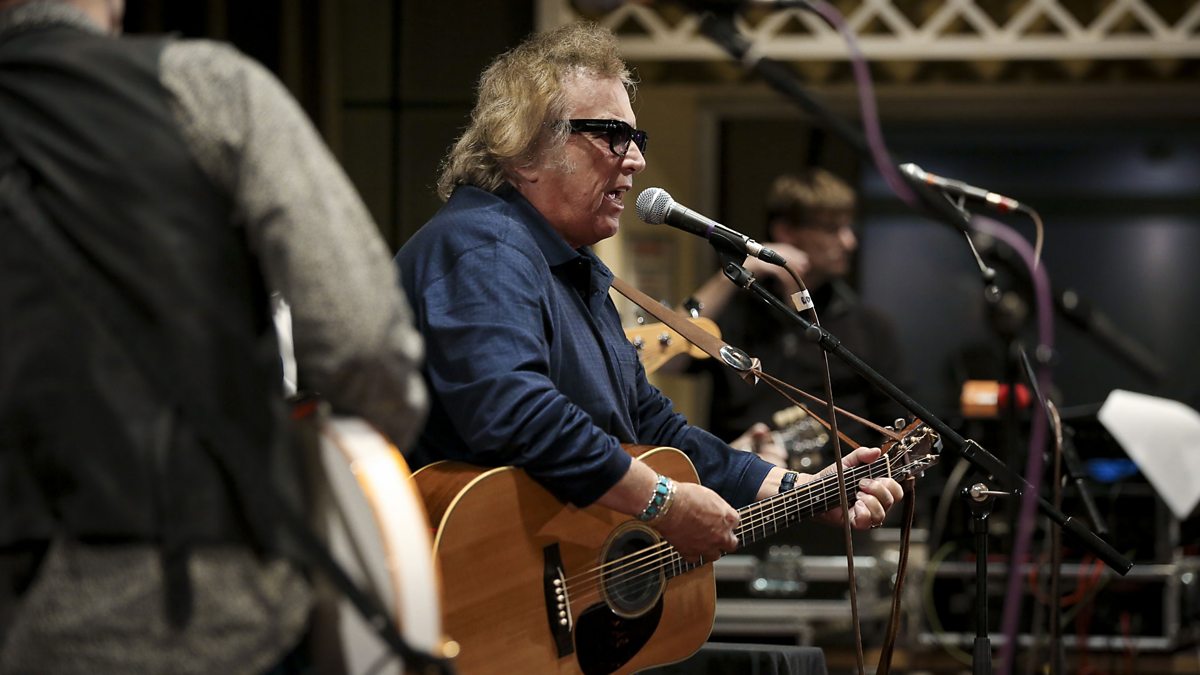
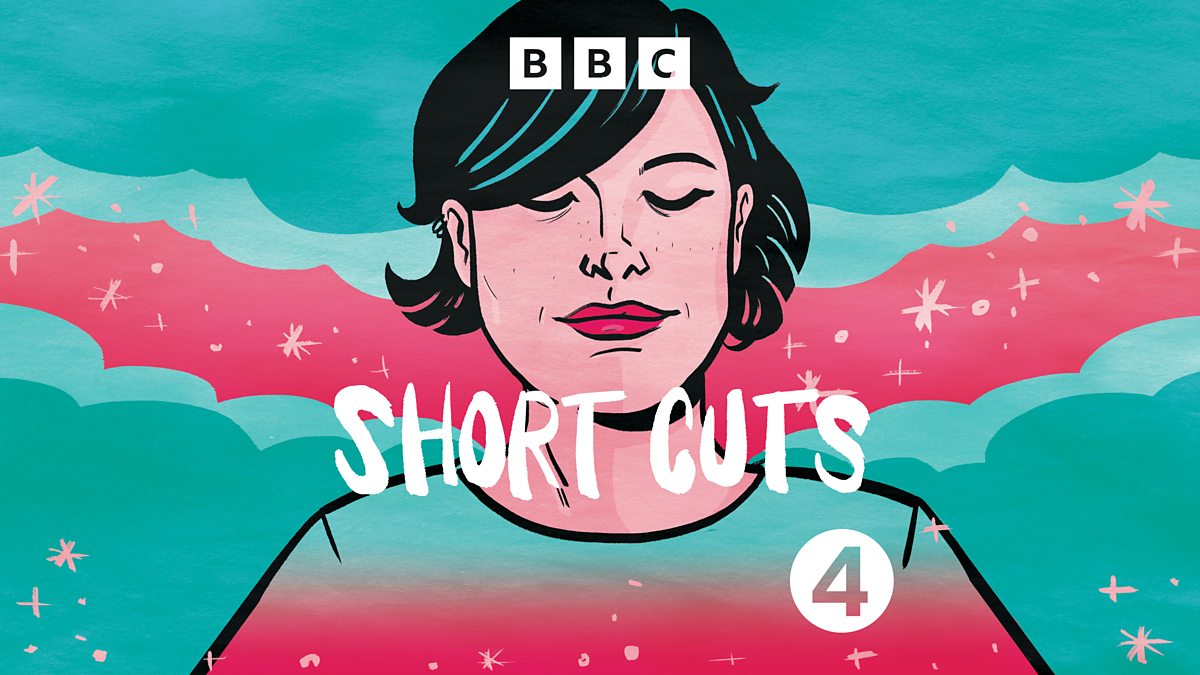
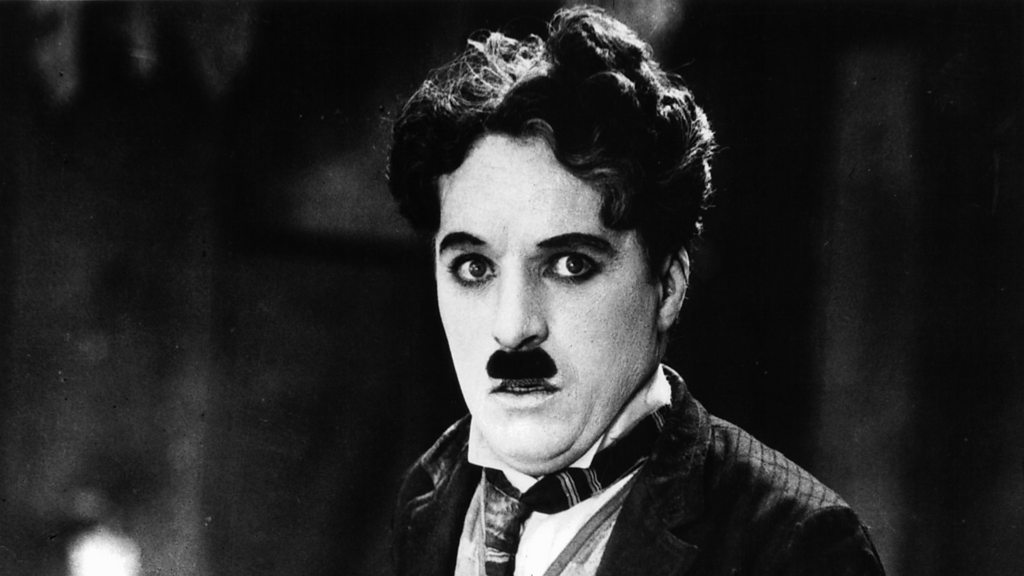

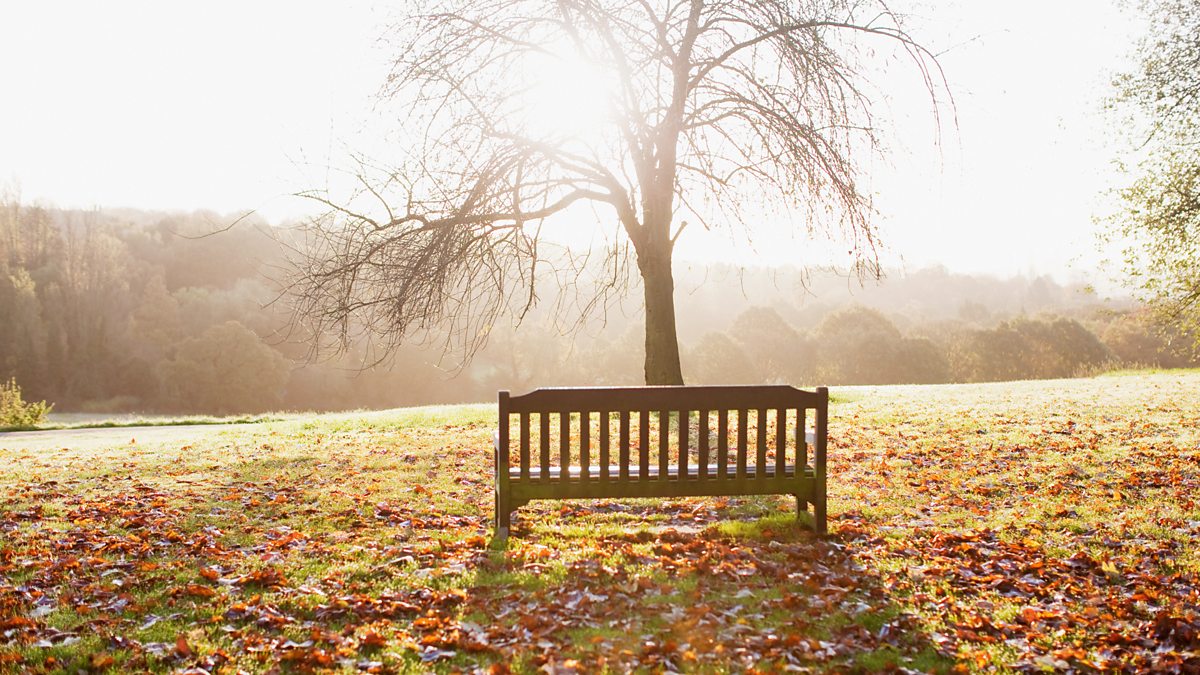
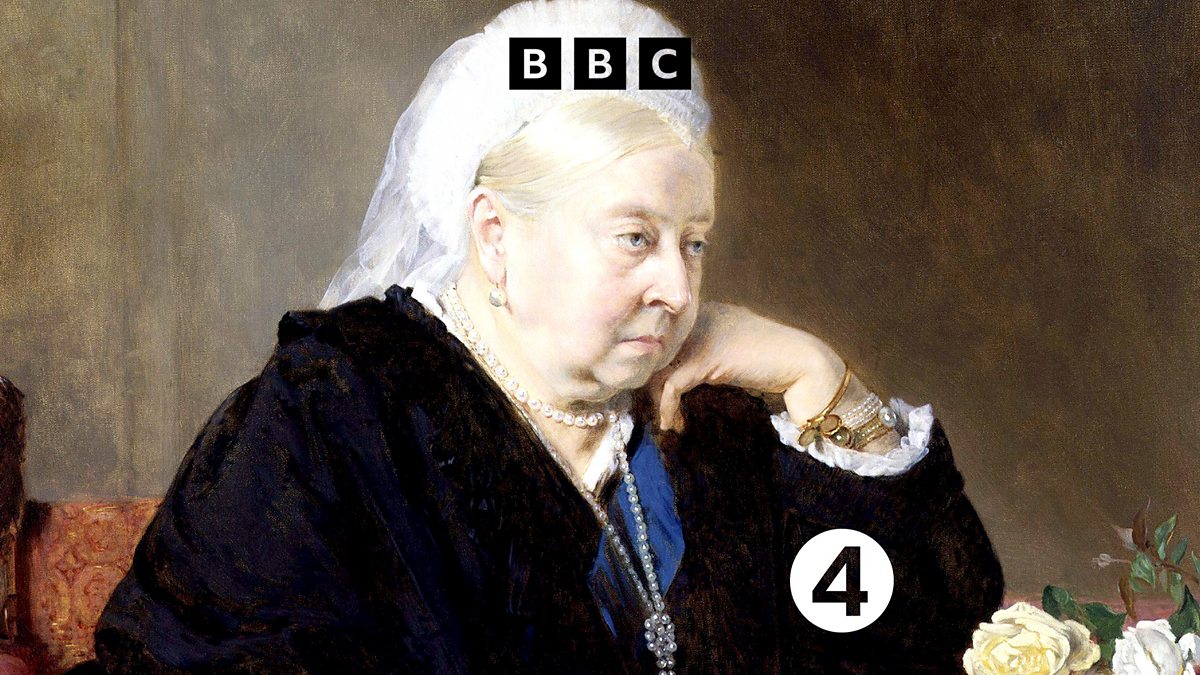
Comment